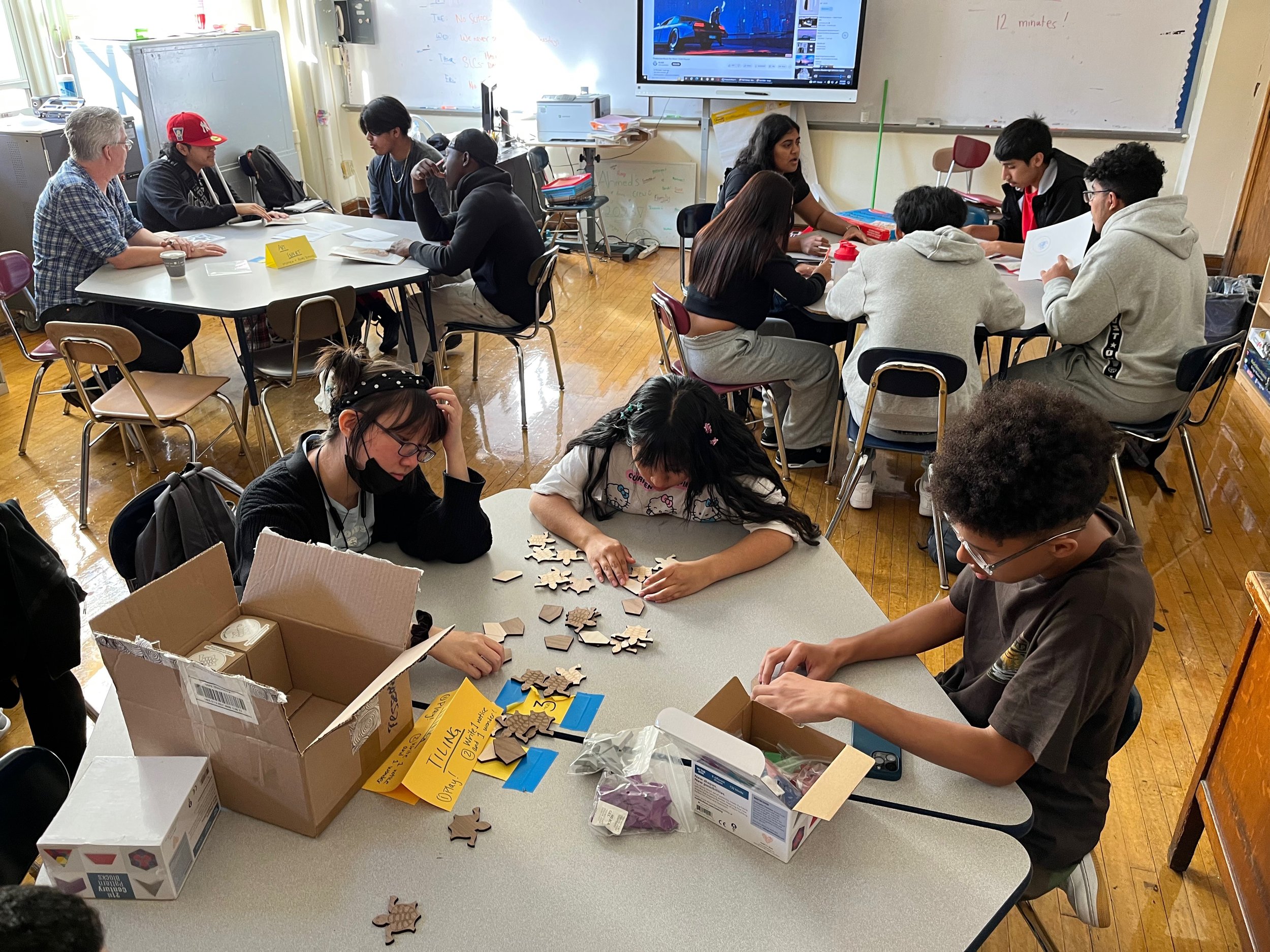The Significance of Regional Support to Save Temecula Schools Today
Wiki Article
Crucial Requirements to Take Into Consideration When Evaluating Prospective Colleges for Enrollment
When taking into consideration colleges for enrollment, reviewing crucial standards comes to be critical to ensuring a favorable understanding environment. Secret factors such as the alignment of scholastic programs with trainees' desires, the certifications of professor, and the influence of course sizes on customized interest are important. The presence of robust resources and centers, along with a diverse variety of extracurricular activities, can substantially improve instructional experiences. The institution's society must advertise regard and inclusivity to promote a helpful neighborhood. Each of these elements plays a crucial function, however exactly how do they interconnect to shape the optimal academic setting?Academic Programs
When assessing potential colleges for enrollment, taking into consideration the breadth and depth of their academic programs is extremely important. Top notch academic programs not just identify the instructional value a pupil will obtain however also affect future opportunities and occupation paths. Prospective trainees and their households should look at the educational program to guarantee it lines up with the trainee's scholastic rate of interests and job goals.
Certification is a crucial variable, as it signifies that the organization satisfies established standards of high quality. In addition, the variety of course offerings, consisting of innovative positioning (AP) or International Bachelor's Degree (IB) programs, can considerably improve a pupil's discovering experience. Colleges with durable scholastic tracks in STEM, liberal arts, and the arts indicate a commitment to extensive education and learning.
Professors certifications and student-to-teacher ratios are likewise essential indications of scholastic quality (Save Temecula Schools). Very credentialed trainers and smaller sized class sizes commonly bring about even more customized interest and a far better instructional experience. The availability of scholastic sources such as libraries, labs, and innovation centers can additionally enhance the understanding environment.
Reviewing these components ensures that the selected institution provides a encouraging and strenuous academic framework, important for cultivating intellectual development and preparing trainees for future success.
Extracurricular Tasks
Past the academic realm, after-school activities play a substantial function fit an all-around educational experience. These tasks offer pupils with chances to create skills that expand past the classroom, such as time, management, and synergy management. When reviewing prospective schools for enrollment, it is important to take into consideration the range and top quality of extracurricular programs used.A diverse variety of tasks, including sporting activities, arts, songs, debate clubs, and area solution initiatives, can deal with different rate of interests and talents. Colleges that support a wide range of extracurriculars show a dedication to promoting holistic growth. Additionally, involvement in these tasks can improve college applications and returns to, showcasing a student's capability to stabilize multiple responsibilities.
Additionally, consider the degree of student engagement and the school's motivation of participation. Colleges that proactively promote extracurricular participation often develop a vivid, comprehensive neighborhood.
Course Sizes
When reviewing prospective institutions for registration is class dimension,One of the important aspects to take into consideration. Class size considerably affects the top quality of education that a student receives. Smaller sized course dimensions typically enable more personalized attention from teachers, which additional hints can cause improved scholastic end results. Teachers are much better able to determine and address the unique requirements of each trainee, fostering a much more tailored understanding experience. Furthermore, in smaller sized classes, pupils are more likely to take part in discussions and engage with the product, enhancing their overall comprehension and critical reasoning skills.Furthermore, smaller class dimensions can add to an extra natural class atmosphere. With fewer trainees, there is a better chance for developing solid connections between peers and teachers, which can improve the learning atmosphere and promote a sense of community. This likewise permits for even more reliable class monitoring, as instructors can commit more time to keeping a efficient and favorable environment.

School Culture
Understanding the value of school society is important when reviewing prospective colleges for enrollment. Examining a school's society entails observing interactions amongst pupils, instructors, and team, as well as comprehending the institution's mission, worths, and expectations.Possible moms and dads and students must look for institutions that focus on regard, collaboration, and a positive values. Search for indicators such as solid student-teacher partnerships, energetic engagement in school tasks, and a sense of area. A healthy and balanced college society commonly advertises hop over to these guys diversity and addition, making sure that trainees from diverse backgrounds feel welcomed and valued.
In addition, a favorable college culture motivates open communication and offers students with a risk-free setting to share themselves. When going to a college, involve with current trainees and team to evaluate their complete satisfaction and feeling of belonging.
Facilities and Resources
When examining potential schools for registration, the high quality and availability of sources and facilities play a crucial function fit the instructional experience. A school equipped with contemporary services can dramatically improve discovering outcomes. Classrooms you can try these out need to be properly designed, cultivating an atmosphere conducive to both focus and creative thinking. Laboratories, whether for scientific research, technology, or languages, should be well-maintained and updated to supply hands-on discovering opportunities.Collections are an additional foundation of academic quality (Save Temecula Schools). A well-stocked library with a diverse range of books, journals, and digital resources can support students' study demands and cultivate a culture of analysis and inquiry.
Technology is indispensable in today's academic landscape. Colleges should supply reliable web accessibility, computer system laboratories, and smart classrooms to help with electronic learning. Additionally, specialized resources such as art studios, songs rooms, and movie theater rooms can nurture imaginative abilities.
Eventually, the breadth and top quality of a school's resources and facilities can considerably affect a pupil's general growth. Thus, parents must meticulously assess these aspects to guarantee a well-shaped and enhancing educational experience.
Final Thought
In recap, evaluating potential colleges for registration demands an extensive evaluation of several essential factors. In addition, a college culture that stresses respect and inclusivity is essential to creating a effective and supportive understanding environment.
A healthy college culture frequently advertises diversity and addition, making sure that pupils from diverse histories feel welcomed and valued.
Furthermore, a positive school society encourages open communication and offers students with a risk-free setting to express themselves.
Report this wiki page